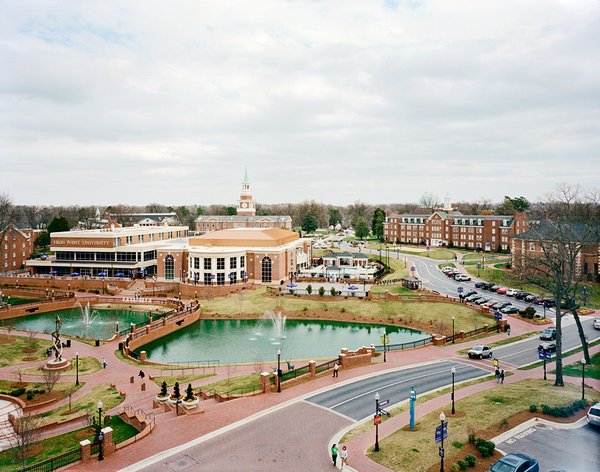Coffee has been around for a long time, and will probably keep its place for a long time to come. In the US alone about $40 billion is spent on the drink in one year, and coffee’s popularity is continuing to grow. With numbers like those you would think that there is money to be made in the coffee growing industry, but you’d be wrong.
The money is made by the “middlemen” who buy the coffee from small, family-owned farms, for an unfair price. Then turn around and sell the coffee for a much higher profit. Since the farmers can not make enough money, many of those small farms are given up and the family moves to the city where they can make more money.
This is where fair trade comes in. It is an agreement with the buyer (not the grower) to set a price floor on commodity coffee, guaranteeing that the grower will get at least that much money for a bag of coffee. Seems simple right? Again, you’d be wrong. In true American fashion a lot of red tape is involved.
To become a member of the fair trade growers, a farmer has to pay to become certified, and then join a cooperative (a grouping of different growers); they then have to agree to standards on which pesticides/fertilizers they can use, and then have to pay their employees fair wages. This all sounds great, but it doesn’t work well.
As with agriculture the price of foodstuffs rises and falls throughout the year. So in years when the price is high for coffee it doesn’t make much sense to join a cooperative, but in years when it is low, it is too expensive to join a cooperative. When in a cooperative the growers obviously want to grow as much as possible, and since quality doesn’t affect the price (as it does on the free market) there are low quality beans being grown. Additionally with more beans flooding the market the price to consumer goes down, the profit to sellers goes down and it is hard to sustain paying more for coffee.
Cue the age old traditional economic principle of supply and demand. High supply = low demand and low supply = high demand. For something like coffee (which is almost a necessity for some people) keeping supply low is a great way to increase open market price and overall quality.
With changes, the fair trade model could work amazingly. First the cost for certification should be lowered, and continued membership should be contingent upon quality of the bean. There should also be incentives to grow less coffee, capping the cooperatives to keep the relative demand high. Fair trade should be more encouraged in the poorest growing countries (Ethiopia and Kenya); this will increase the bargaining power of the cooperatives and percentage of fair trade coffee on the market.
Right now the fair trade system is a joke. The sad part is that it was meant with good intentions. To be able to fix the problems of fair trade would mean that many poverty stricken growers and poor communities would have easier access to resources they need.







 Energetic dance performance under the spotlight.
Energetic dance performance under the spotlight. Taylor Swift in a purple coat, captivating the crowd on stage.
Taylor Swift in a purple coat, captivating the crowd on stage. Taylor Swift shines on stage in a sparkling outfit and boots.
Taylor Swift shines on stage in a sparkling outfit and boots. Taylor Swift and Phoebe Bridgers sharing a joyful duet on stage.
Taylor Swift and Phoebe Bridgers sharing a joyful duet on stage.












